F1 considers V8 engines for 2030 to boost noise levels
F1 CEO Stefano Domenicali has revealed that the sport is open to considering different engine rules from 2030 in a bid to deliver more noise and vibrations for fans, potentially moving away from the current turbo hybrid concept.

Formula 1 is gearing up for a pivotal decision regarding the future of its power unit regulations, with the potential for a dramatic shift in engine philosophy from 2030 onwards.
In a bid to address the long-standing concerns over engine noise levels, F1 CEO Stefano Domenicali has hinted at the possibility of abandoning the current turbo hybrid concept in favor of exploring alternative solutions.
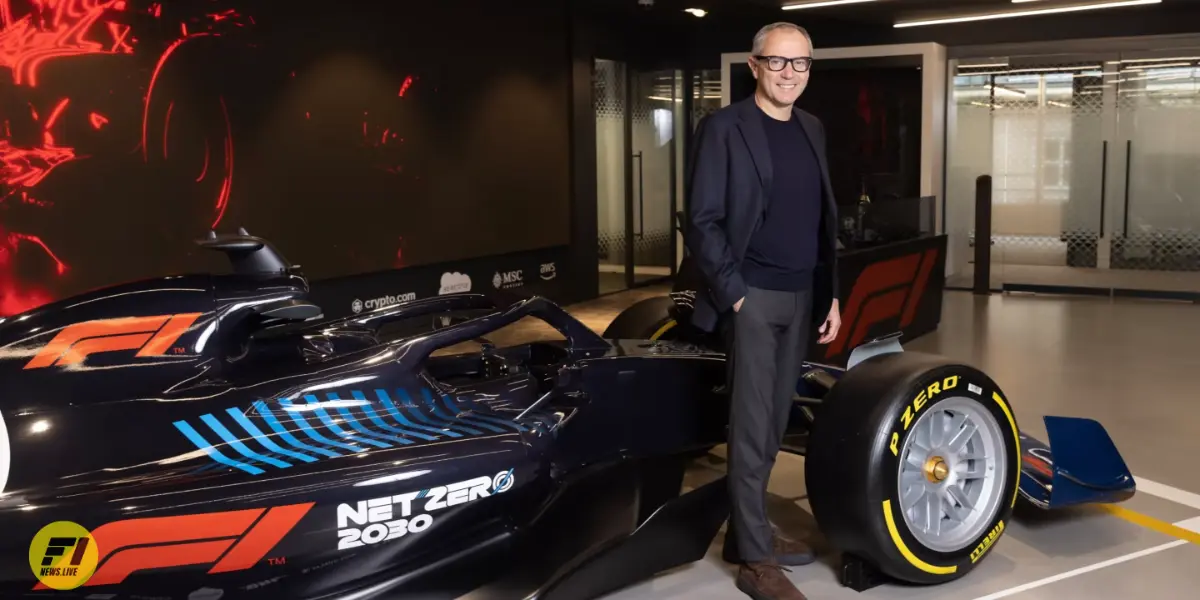
The noise conundrum
Since the introduction of the turbo hybrid engines in 2014, fans and drivers alike have lamented the lack of noise and vibrations compared to the previous generation of V8 engines.
While efforts have been made to increase the decibel levels, it is clear that the current power units are still not meeting the desired levels of aural excitement.
Sustainable fuel and new technologies
Domenicali's comments come as Formula 1 prepares to switch to fully sustainable fuels for the 2026 season.
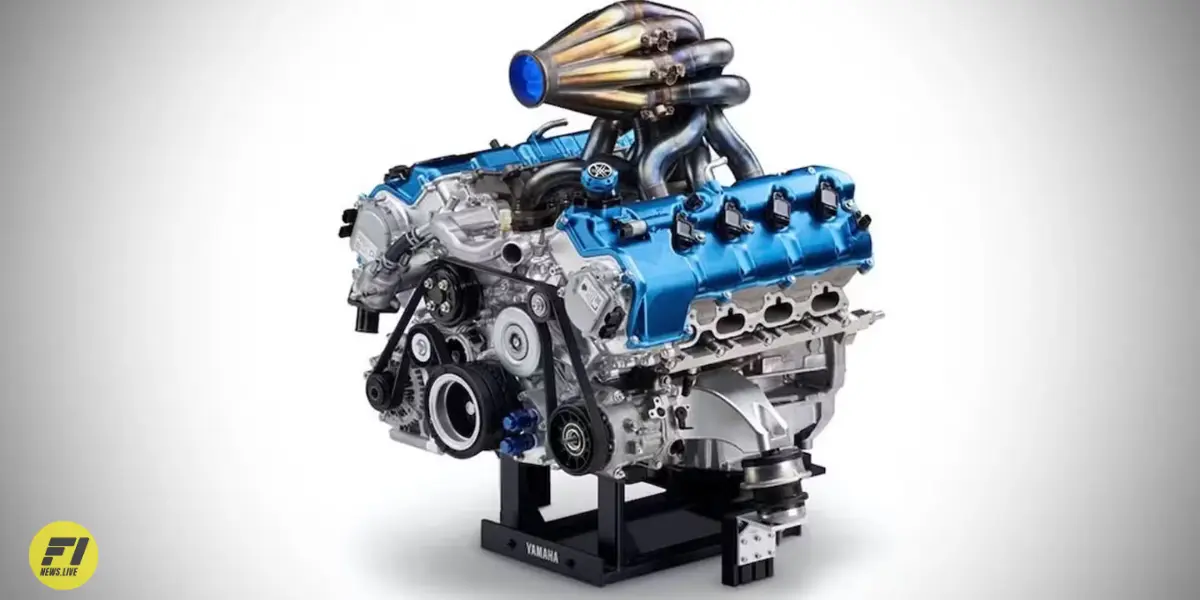
If this transition proves successful, it could open the door for F1 to consider new technologies or even a return to more traditional engine configurations, such as V8s, which were renowned for their visceral sound and vibrations.
Evaluating options for 2030
"As soon as the 2026 regulations are defined, we will start to think about what the next steps will be, such as the 2030 engine,"
Domenicali stated.
"It is a personal consideration of mine, not yet shared with the teams, even if we have spoken about it with the FIA, that if sustainable fuels work, we will need to carefully evaluate whether to continue with hybrid (technology) or whether better solutions will be available."
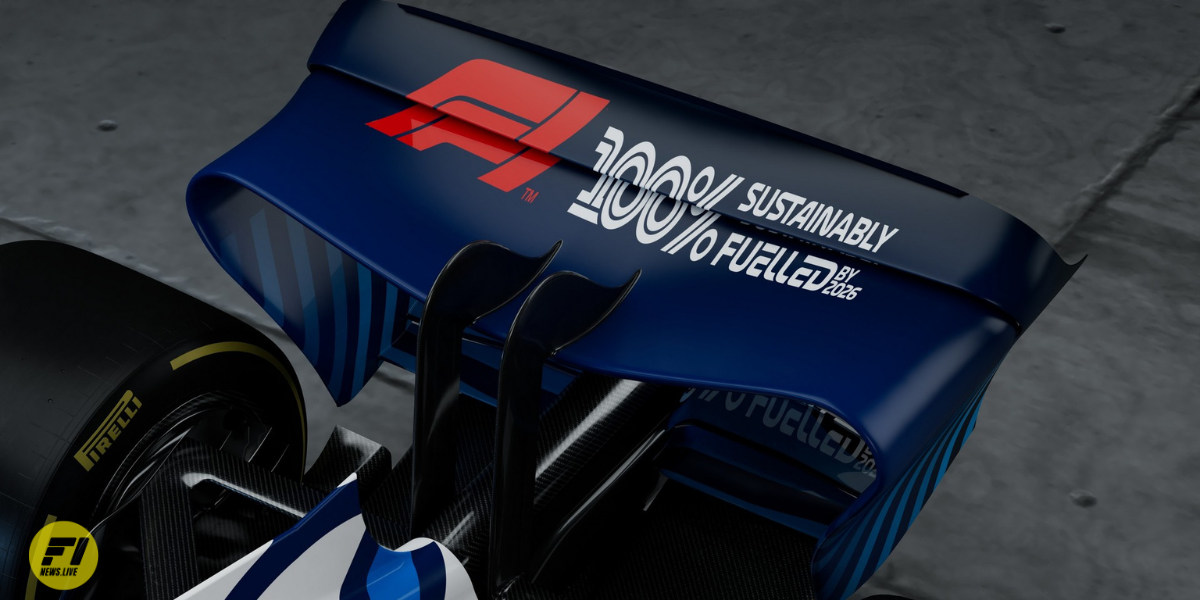
Weight and performance considerations
While the potential for increased noise levels is enticing, any new engine concept will need to balance performance and weight considerations.
The current turbo hybrid units have been criticized for their significant weight, which has become a growing concern in recent years.
A move towards lighter, more compact engines could address this issue while potentially delivering the visceral experience fans crave.
2026 regulations and clarifications
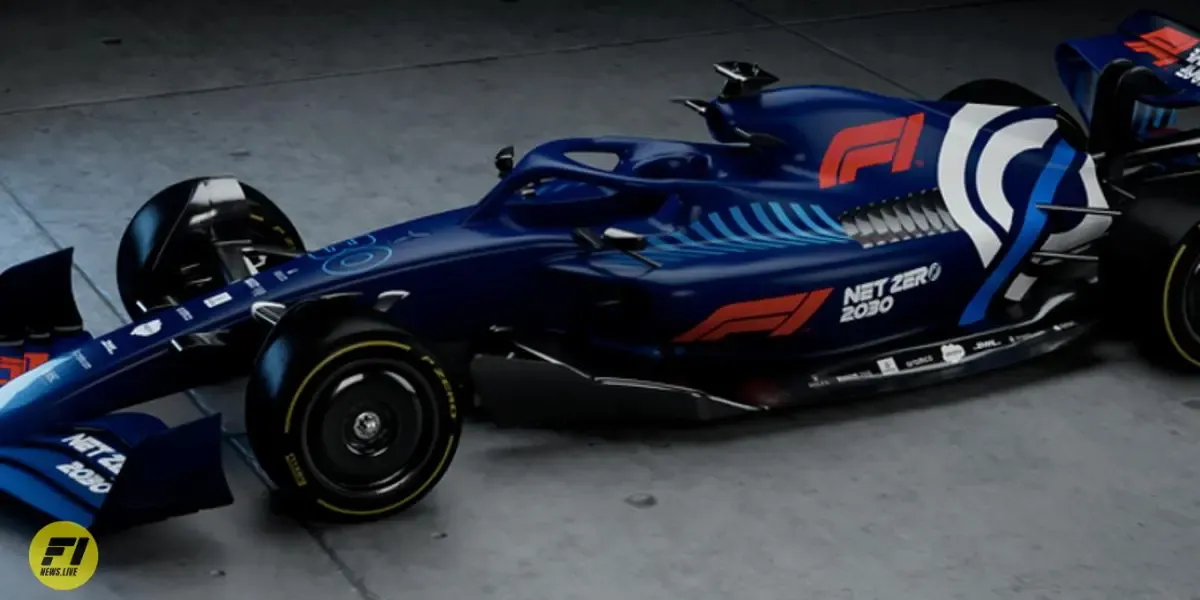
Domenicali also provided an update on the progress of the 2026 regulations, stating that they are expected to be published on June 1st.
He acknowledged the need for clarity and transparency regarding the changes, as there have been numerous interpretations and misunderstandings circulating within the paddock.
As Formula 1 continues to evolve, the debate over engine noise and performance will undoubtedly intensify.
Domenicali's openness to exploring new avenues beyond 2030 signals a willingness to prioritize fan experience while maintaining the sport's technological prowess and commitment to sustainability.


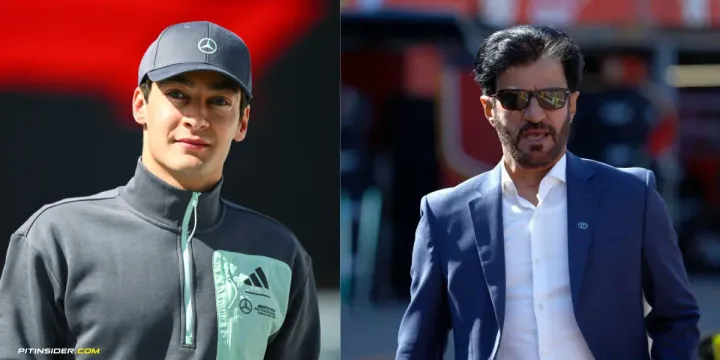

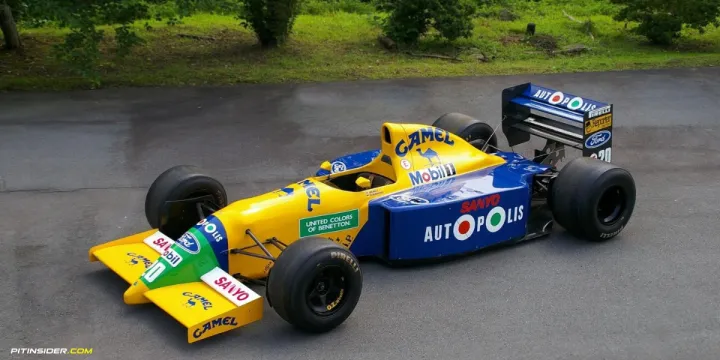
Comments ()